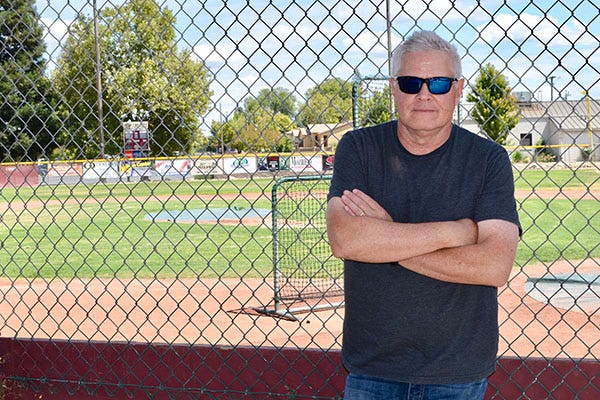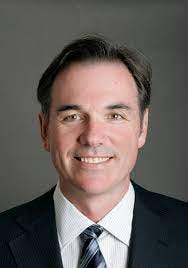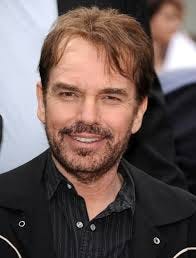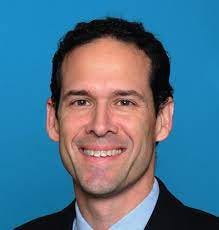So just the other day I was looking at the TV listings to see what ballgames were on and saw they were once again going to show the movie Moneyball which – and this will take some explaining – kind of pissed me off.
Now let’s get to the explaining part.
I once had an editor tell me he thought I was “obsessed” with Moneyball (the book about baseball analytics written by Michael Lewis), but to me that was like telling Mary Todd Lincoln she seemed to be “obsessed” with Honest Abe’s assassination.
No shit, Sherlock.
(And, yes, I realize I just compared myself to a woman who was found insane and sent to a sanatorium, but that finding was later reversed when it was discovered she was forced to watch Moneyball one too many times.)
In my mind (such as it is) the editor did not understand the importance of the book and movie and how they helped screw up baseball, an opinion shared by quite a few players and coaches who tend to share that opinion privately because they want to stay employed by their teams who are also obsessed with Moneyball.
In fact, one of the reasons baseball is losing fans, freaking out and thinking about rule changes, is baseball in general bought into the philosophies promoted by Moneyball (it’s what all the cool kids were doing back then) and now they’re too invested in those philosophies to admit maybe they shouldn’t have swallowed those philosophies hook, line and sinker.
If you hired an analytics-oriented GM who drafted and signed a couple decades worth of players based on analytics, you’re way too far down the analytics road to admit maybe you took a wrong turn, so instead you come up with some half-assed rule changes to try to fix what you broke.
Short version (OK, very short version):
A Moneyball-style of play emphasizes walks and home runs on offense and striking everybody out on defense, which takes a lot of pitches without much happening so that means games last longer and have less action and who knew the American Public wouldn’t be thrilled with that?
But I promised to tell you what I think is wrong with Moneyball so let’s get going and we’ll start with the movie and what might seem like a minor complaint, but will grow into a major complaint, which is pretty much how Mary Todd wound up in that sanatorium.
Bad casting
Hollywood seems to have a pretty decent track record of casting whatever star they think will attract an audience, even if that star is completely wrong for the role.
Robert B. Parker was asked about having Robert Ulrich play his character Spenser in the TV series and Parker thought Ulrich was too much a pretty boy to play his Boston tough guy, right up until they informed Parker if he didn’t like Ulrich, they could get Erik Estrada.
At which point Robert B. Parker said he thought Robert Ulrich was going to be great.
If you require any more evidence of Hollywood’s willingness to cast completely inappropriate actors in completely unsuitable roles, let me refer you to Queen Latifah as The Equalizer. I can assure you I have no problem with a woman playing a role in which she beats up people (I know several women who scare me shitless), but it might be better if the woman in question did not appear to be overweight, out of shape and have a difficult time running.
Here she is trying to get up off the ground.
(And if you hear Queen Latifah somehow cornered me and kicked my ass, you now know why.)
Anyway…this is Brad Pitt:
This is Oakland A’s GM Billy Beane:
And this is Billy Bob Thornton:
You tell me who should have got the part.
Also, assistant GM Paul DePodesta took a pass on having his name used in the movie and maybe it was because he looks like this:
And his character was going to be played by this guy:
It’s only a theory, but I can imagine DePodesta saying: “Wait a minute…Billy Beane gets Brad Pitt and I get Jonah Hill?”
OK, Hollywood Bullshit aside, my main complaint about casting are the people they chose to play Oakland A’s pitchers Barry Zito (23-5, 2.75 ERA), Mark Mulder (19-7, 3.47 ERA), Tim Hudson (15-9, 2.98 ERA) and Billy Koch (11-4, 3.27 ERA with 44 saves) because the answer to who played those guys in Moneyball is…wait for it…
Nobody.
It made a better book and movie if you ignored the fact that the A’s had great pitching in 2002 (something everybody in baseball has been trying to get since Abner Doubleday didn’t invent the game) and instead slanted the story to make it seem like the A’s won because of a fat guy (who wasn’t actually fat) and a laptop computer.
In 2002 the Oakland A’s had the best pitching staff in the American League; a seemingly–significant point not mentioned in the movie.
Prince Fielder vs. Nick Swisher
The scene didn’t make it into the movie, but the book has a section about the 2002 draft and says the following:
“Prince Fielder is too fat even for the Oakland A’s.”
Billy Beane and the people in the A’s draft room are depicted as being overjoyed when the Milwaukee Brewers take Fielder, which leaves the guy they really want – Nick Swisher – available and the A’s snatch him up.
So how’d that work out?
Nick Swisher played 12 years in the big leagues, appeared in 1,527 games, hit 245 home runs, walked 817 times, drove in 803 runs, hit .249, had an on-base percentage of .351 and a slugging percentage of .447.
Prince Fielder also played 12 years in the big leagues, appeared in 1,611 games, hit 319 home runs, walked 847 times, drove in 1,028 runs, hit .283, had an on base-percentage of .382 and a slugging percentage of .506.
Prince Fielder was better in just about every category, which is not a criticism because as you might have noticed, predicting the future ain’t easy. But this is a criticism: the guys who ridiculed everybody else in baseball for getting caught up in how players look, rejected Prince Fielder because he was too fat.
Et tu, Bluto?
Those bad on-base percentage guys
According to Moneyball the secret to success was on-base percentage, but the 2002 A’s were led by two guys – Miguel Tejada and Eric Chavez – who did not have great on-base percentages, (Tejada was 65th in baseball that year, Chavez was 77th) but they hit a combined 68 home runs and together drove in 240 runs.
And yet, Tejada was ridiculed as “Mr. Swing-At-Everything” by Billy Beane because he didn’t walk often enough. Despite that glaring flaw, Tejada was the 2002 American League MVP. Remember them making a big deal of that in Moneyball?
Yeah, me neither.
Oh, and both book and movie forgot to mention anything about PEDs which eventually got Tejada in trouble and while he admitted buying human growth hormone while with the A’s and reportedly wrote checks worth $6,300 for them, Tejada claimed he threw them away unused, which sounds incredibly believable and it must be because his team owner when Tejada was with the Houston Astros – Drayton McLane – said: “I think we have to trust people. I think if he was guilty of [taking steroids] he would certainly say so.”
Mr. McLame (many a truth is spoken in typos) then climbed back into his spaceship and returned to his palatial estate on the planet Neptune.
I got a lot of stuff in this section from a story in The Guardian, a British publication which asks: “Why have Michael Lewis, Billy Beane and the A’s gotten a free pass from the sports media on steroids and other PEDs?”
Good question.
The ending
As you might recall they made a big deal out of the A’s setting a record for consecutive wins and turns out they didn’t have much choice because the 2002 Oakland A’s got knocked out in the first round of the playoffs. Billy Beane has not had much success in the postseason, which is kind odd for a General Manager author Michael Lewis called the “best in the game.”
As Billy Beane himself once said: “My shit doesn’t work in the playoffs.”
Which is probably why they have a scene at the end of the movie where Billy is depicted as not caring about winning a “ring” because all he really wants to do is change baseball.
Mission accomplished.
But now they’re having to change it back because it turns out Moneyball and walks are incredibly boring and each year fewer and fewer people want to watch that type of baseball.
As the movie closes, it notes that Billy is still trying to win that last game of the season, but also points out that the 2004 Boston Red Sox won a World Series using Billy’s philosophy, which sounds good, but fails to disclose that the 2004 Boston Red Sox had the third-best pitching staff in the American League. It seems like Moneyball (and every other baseball philosophy) works a whole lot better when a team has good pitching.
I watched Moneyball again last night (Mary Todd, here I come) and thought the same thing I thought the first time I saw it:
Good movie, bad history.
And that’s the problem with Moneyball.







This is very well written. Thank you. I know nothing about baseball and just watched the movie again. I heard that this philosophy does not work anymore and was looking for explanation and found your piece which is different but interesting to read from an insider.